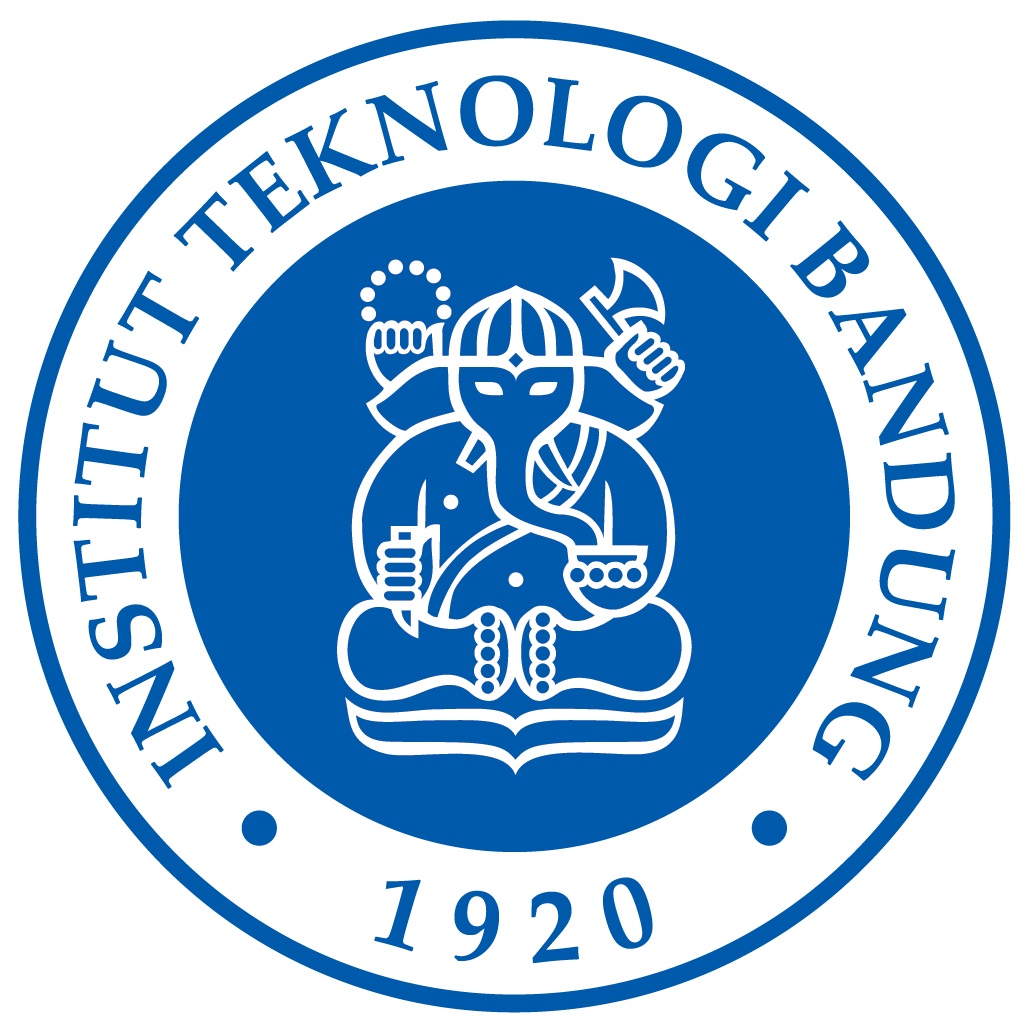

Dasapta Erwin Irawan
This geology training aims to increase the understanding and skills of local government staff of Bangka-Belitung Province in the conservation and management of geotourism. Training materials include:
This training is expected to increase the capacity of local government staff in managing and preserving geological resources and support the development of sustainable geotourism in Bangka-Belitung Province.< /p>
After geology training for local government staff of Bangka-Belitung Province, several follow-up plans that can be carried out include:
With this follow-up plan, it is hoped that the results of the training can have a real and sustainable impact in the management and conservation of geological resources in the Province Bangka-Belitung. Is there anything else you would like to add or ask?
Building networks. Increase capacity. Increase interaction with other families
Geology training designed for Bangka-Belitung Province regional government staff can provide various significant benefits for the Faculty of Earth Science and Technology (FITB). Here are some of the main benefits. Academic Capacity Building: Benefits: This training can increase staff knowledge and skills in the fields of geology and conservation. Impact: More skilled and knowledgeable staff can contribute more effectively to academic and research activities at FITB[1](https://fitb.itb.ac.id/). Collaboration and Partnership: Benefits: This training opens up opportunities for collaboration between FITB and local governments. Impact: This partnership can result in joint research projects, community service programs, and broader conservation initiatives[2](https://fitb.itb.ac.id/fakultas-ilmu-dan-technology-kebumian/). Curriculum Development: Benefits: Information and experience from training can be used to update and enrich the curriculum at FITB. Impact: Students will receive education that is more relevant and up-to-date with the latest developments in the fields of geology and conservation[2](https://fitb.itb.ac.id/fakultas-ilmu-dan-technology-kebumian/) . Reputation Enhancement: Benefits: FITB's involvement in training and conservation can enhance the faculty's reputation as a center of excellence in the earth sciences. Impact**: A good reputation can attract more students, researchers and industrial partners to join FITB[1](https://fitb.itb.ac.id/). Human Resource Development: Benefits: This training helps in the professional development of staff, increasing their competence and motivation. Impact: More competent and motivated staff can make greater contributions to teaching, research and community service[2](https://fitb.itb.ac.id/fakultas-ilmu-dan-technology-kebumian/). Increased Environmental Awareness: Benefits: This training increases awareness about the importance of conservation and management of natural resources. Impact: This awareness can encourage the implementation of sustainable practices in academic and operational activities at FITB[1] (https://fitb.itb.ac.id/). With these benefits, geology training not only has a positive impact on local governments, but also strengthens FITB's role and contribution in the field of earth science and environmental conservation.